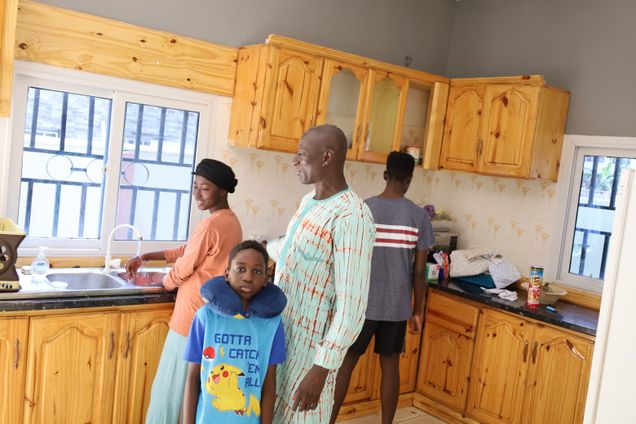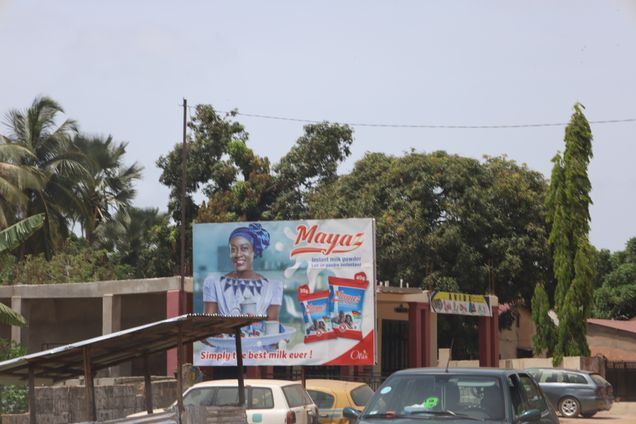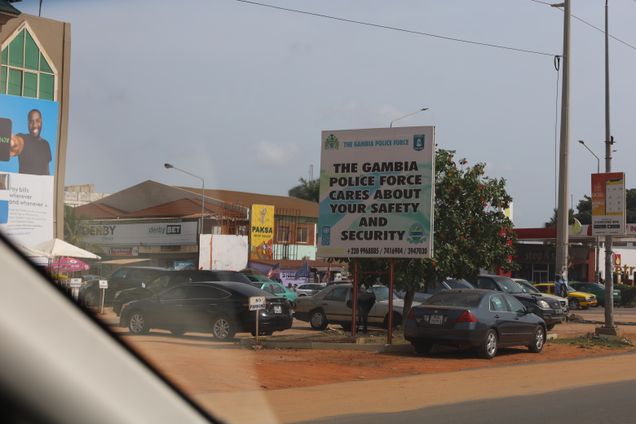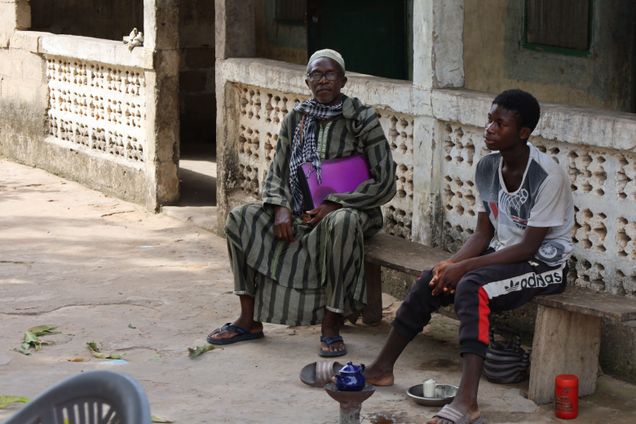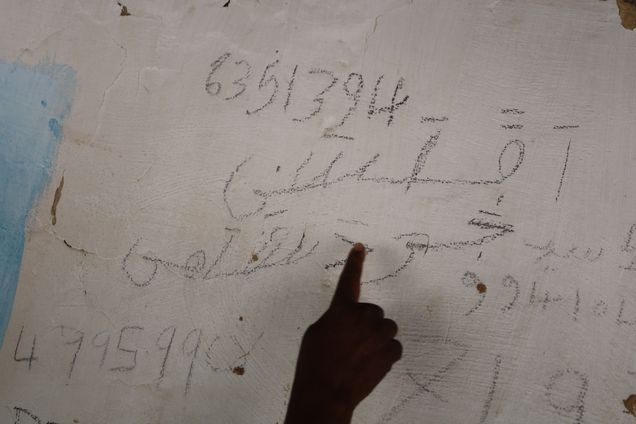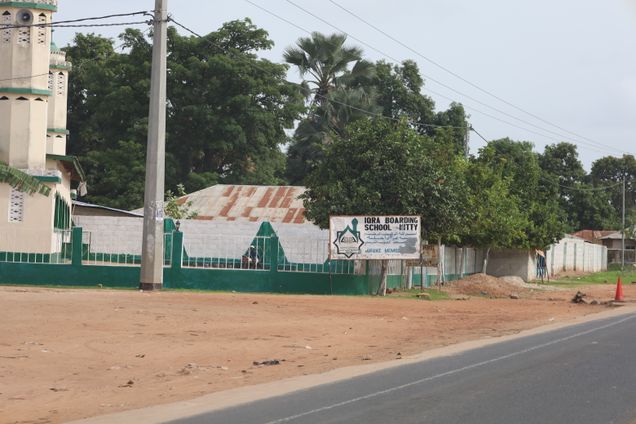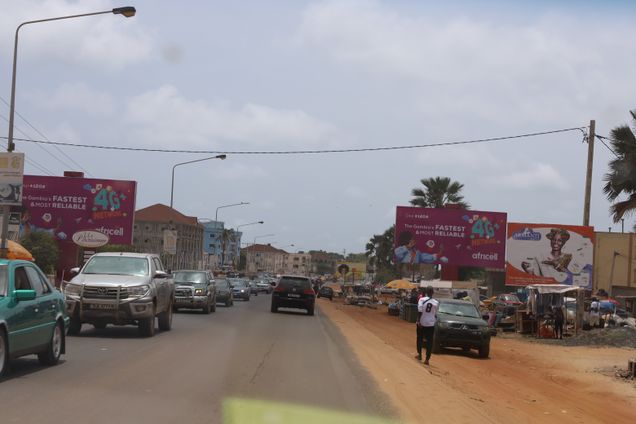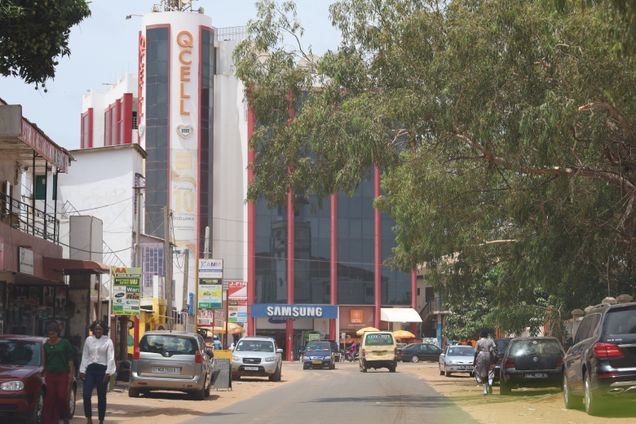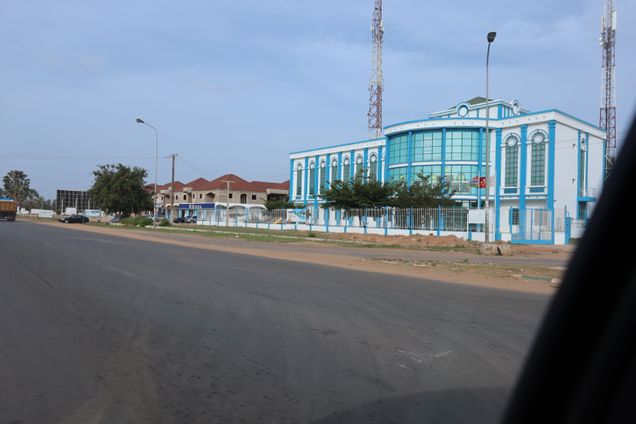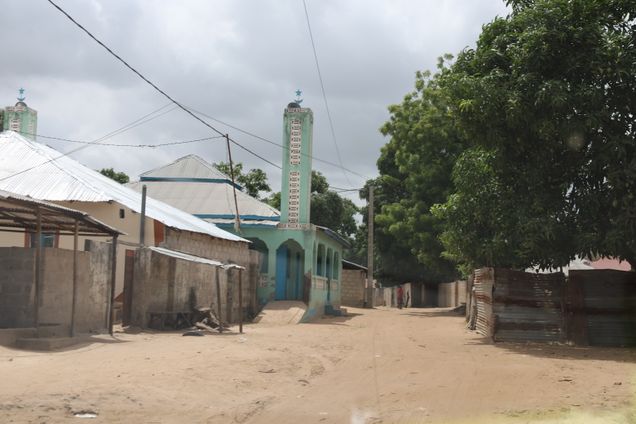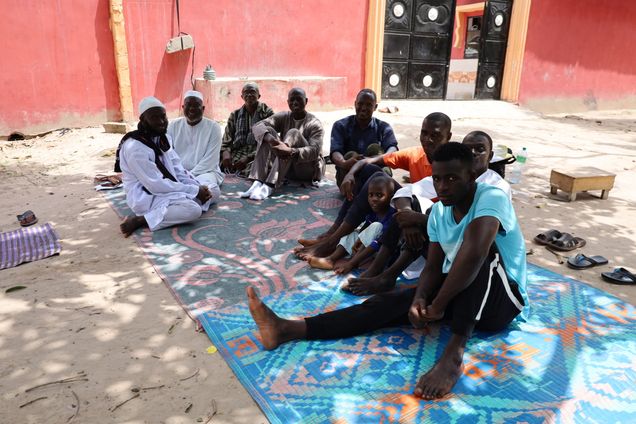Unit 5: Ousman Kijera 2
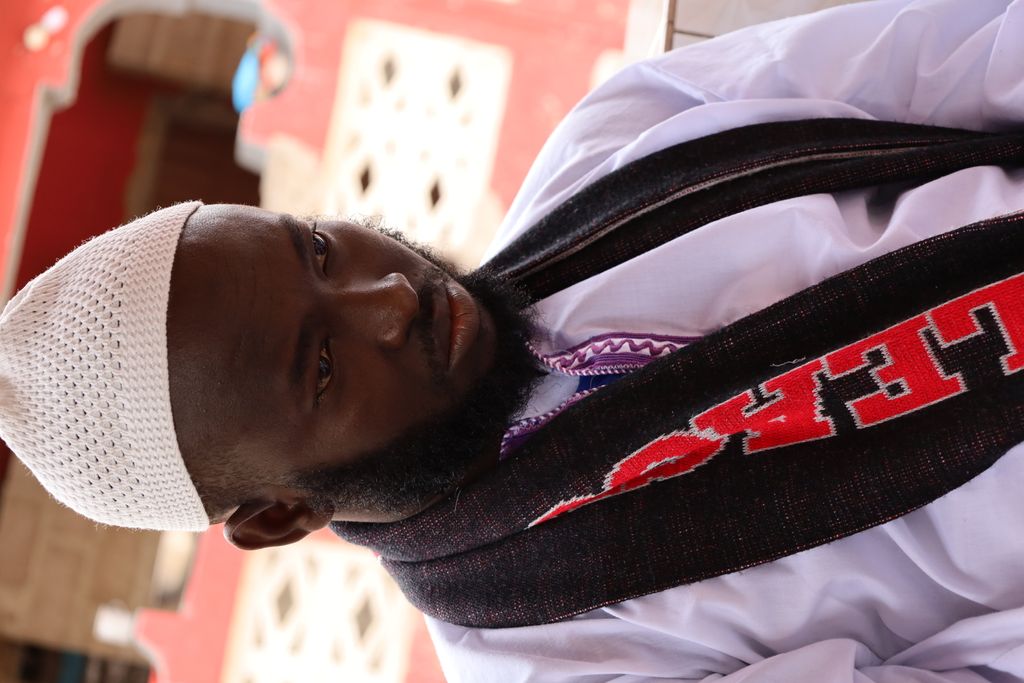
Metadata
| Title | Conversation with Ousman Kijera 2 |
| Interviewer | Fallou Ngom, Bala Saho |
| Subject | Defending local Islamic traditions, higher Islamic education, foreign influences in African Islamic culture, scholarly collaboration |
| Content | Ousman Kijera was born in 1989 in Banjul, The Gambia. He spent part of his Quranic studies in The Gambia and another part in Casamance, Senegal. He worked as a Quranic teacher for years. During that time, Mr. Kijera spent ten years researching healing methods based on African medicine and Quranic methods of healing. He learned from the elders healing methods based on plants and Islamic medicine, and practiced many of them. He serves now as a Mandinka Ajami writer, poet, singer, and healer with a focus on herbal and Islamic medicine. Mr. Kijera has written on various topics related to culture, moral values, and African cultural rules. In this interview, Mr. Kijera discusses the dangers of foreign influences to African Islamic culture, and the ways to strengthen and cultivate local knowledge and its transmission. He criticizes his local Muslims who study abroad and return with new religious views, disrespect local Islamic traditions, and create tension in their communities. He calls for respect for the legacy of local elders who cultivated peace, unity, piety, and knowledge, and not conflict and division. |
| Language | Mandinka |
| Script | Mandinka Ajami |
| Location | Jeeda Kayrakunda, Birikama, The Gambia |
| Pedagogical content/application | Includes relevant linguistic, stylistic and cultural skills as identified in our assessment guidebook/ ACTFL guidelines |
| Access condition and copyright | These materials are subject to copyright and are distributed under the terms of the Creative Commons Attribution-NonCommercial 4.0 License, which permits non-commercial use, distribution, and reproduction in any medium, provided the original author and source are credited. For use, distribution or reproduction beyond these terms, contact Professor Fallou Ngom (fngom@bu.edu). |
| Contributors | Fallou Ngom, Daivi Rodima-Taylor, Bala Saho, Ablaye Diakite, Mamadou Aw Ndiaye, Ousmane Cisse, Alison Parker, and Frank Antonelli. |
| Required citation information | Fallou Ngom (PI), Daivi Rodima-Taylor, Bala Saho, Mamadou Aw Ndiaye, Ousmane Cisse, Ablaye Diakite, and other contributors. 2022. “Conversation with Ousman Kijera 2.” https://sites.bu.edu/ria/mandinka/mandinka-unit-5/ |
Videos
Mandinka with English Subtitles
Mandinka with Latin Script Subtitles
Community Images
(click on the image for a larger view)
Pedagogical Activities
Glossary
- Aadoolu: Traditions, customs (singular aadoo)
- Arijanna, arijana, alijanna: Heaven, paradise, from Arabic al-jannah
- Bankoo: Land, country, ground
- Banta, bantoo to: Out, outside (not to be confused with ‘finished’)
- Bii: Today, now, nowadays
- Caaboo: Key
- Daajikoo: Behavior, habit, manner, personality
- Daawa, dawa: Preaching, invitation to the Islamic faith, from Arabic daʿwa
- Deŋ: To hang
- Duwaa: Supplication, prayer, blessing
- Fatafiŋ, fata-fiŋo: Black skin, black people, black race
- Fatakoyi, fata-koyoo: White skin, white people, white race
- Fitinoo: Fight, strife, dispute, trouble, from Arabic fitna
- Furee: Corpse, dead person
- Hijjoo: Pilgrimage to Mecca, from Arabic ḥajj
- Horomo: Respect, consideration, honor
- Ka a horoma: To respect, consider, honor
- Ka a lakura: To finish, end, complete, be ready
- Ka a ñuŋ: To carry, to take responsibility of something
- Ka a puruca: To disparage, show contempt
- Ka a saamu: To classify, categorize, pile up goods for sale
- Ka a sika, ka a cika: To raise, lift up, pick up
- Ka a soosoo: To deny, quarrel
- Ka a tulu buŋ, ka a tuloo buŋ: To hit someone’s ear, slap
- Ka dendeŋ: To lean on, lurk, put aside
- Ka jaakali: To worry, be concerned, be anxious
- Ka jii: To get down, land, descend, climb down
- Ka kambeŋ: To unite, get along
- Ka ñoo muta: To unite, respect each other
- Ka ñoo-muta, ka ñoŋ muta: To support each other, help each other
- Ka ñoo-saba, ka ñoŋ saba: To quibble, quarrel, fight, dispute
- Ka sonka: To fight over, argue
- Ka waalii: To oppose, differ, disagree
- Kaabakuyaata, kaabakuyariŋ: Problematic, complicated, puzzling, mysterious
- Kajafiroo: To slander, insult, from kajafi (insult, slander)
- Kummaayaata, kumaayaata: Important, prominent
- Kunuŋ: Yesterday, in the past
- Londoo: Knowledge, education, founding
- Lonnaa: Erudite, learned person, knowledgeable person, scholar
- Mooyaa: Commonsense, decency, humanism, generosity
- Ñimma: Beautiful, pretty, nice
- Ñoo kanuriŋ: Loving one another
- Ñoo moyiriŋ: Hearing one another, getting along
- Sañoo: Back below the neck, upper back
- Silaŋo: Fear
- Soosooroo: Denial, disagreement
- Tooroo: Harm, suffering
- Waaliyo: Difference, conflict, disagreement
- Wula: Bush, forest, overseas, abroad, foreign land
Notes
- Aadoolu ñimmaa: “Beautiful traditions.” This refers to local virtues and traditions that form the Mandinka moral philosophy.
- Bidaa, bidaa: Sinful innovations in Islam that conservative Muslims reject because they believe that they diverge from Prophet Muhammad’s traditions. It comes from the Arabic word bidʿa.
- Bii moolu: “Today’s people.” This refers to the contemporary generation. It contrasts with kunuŋ alfaalu (literally, elders of yesterday), meaning the older generations, predecessors, or ancestors.
- Fatafiŋ bankoolu: Literally, “Black people’s lands.” This refers to Black African countries, in contrast to Fatakoy bankoolu (literally, White people’s lands).
- Ka a sañoo sika: “To lift one’s upper back.” This expression means to show off, to boast, to pretend to be better than everyone else, to be arrogant.
- Mashriqi: From the Arabic word al-Mashriq (the East); used in the video to refer specifically to local Muslims leaders who studied in Saudi Arabia and follow the Saudi understanding of Islam.
- Saama Luŋo: Literally, “The Day of Tomorrow,” meaning the Judgement Day in Mandinka.
Exercises:
Comprehension || Writing || Listening / Speaking and Conversation || Cultural Competence
Comprehension: Video
Comprehension: Image
Writing
Listening / Speaking and Conversation
- Podkastoo niŋ Widewoo: Podkastoo ke ñiŋ widewoo kaccaa-kuma-kaŋoolu kunna, waraŋ i ye widewoo sutuŋoolu ke minulu be widewoo la kaccaa-kuma-kaŋoolu koyindi la.
Cultural Competence
- Teyaataroo safee aniŋ Mandinka safeeri-kuloolu la muŋ be aada kummaayaariŋo yitandi la.
